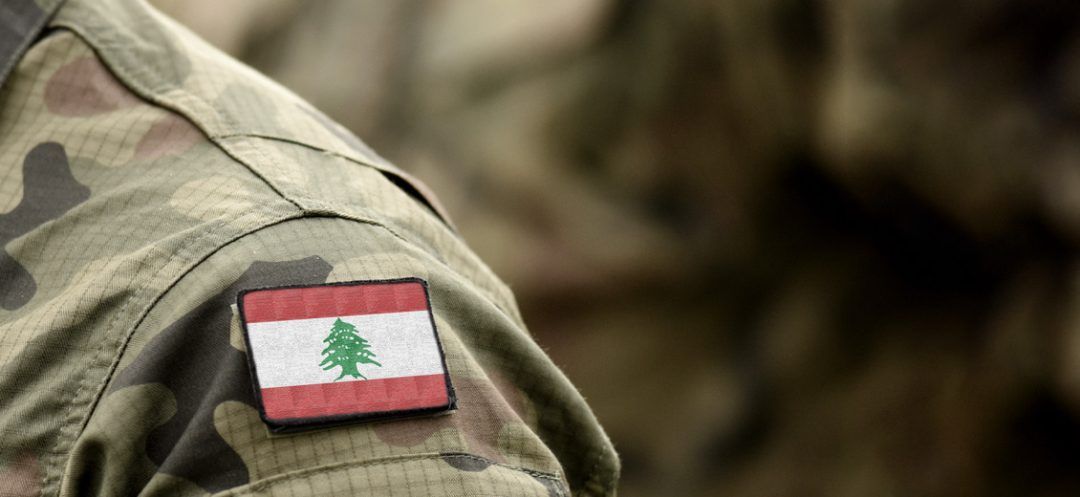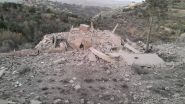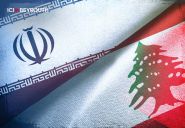
The recent assassinations of Fouad Shokr in Beirut and Ismail Haniyeh in Tehran by Israeli operatives have escalated tensions in the region, risking igniting an all-out war between Iran’s proxies and Israel. The conflict has reached unprecedented levels, drawing global attention and overshadowing significant national moments. Amid this turmoil, the Lebanese Army, once a symbol of national unity and pride, finds itself overlooked on its 1st of August anniversary. As the war rages on, the valor and sacrifices of the Lebanese soldiers are forgotten, their contributions buried under the headlines of the ongoing conflict. This neglect underscores a tragic irony: the very forces that once protected Lebanon now struggle for recognition in the shadow of a larger, consuming strife.
With a history spanning nearly eight decades, the Lebanese Army has faced numerous challenges and emerged as a symbol of national unity and resilience.
The origins of the Lebanese Army date back to August 1, 1945, when it was officially established following the end of the French mandate over Lebanon. However, its roots can be traced even further back to the various militias and battalions that existed during the Ottoman period and the French mandate. Initially composed of a few thousand men, the Lebanese Army was tasked with maintaining internal security and protecting the newly independent republic.
In its early years, the army faced significant challenges, including political instability and sectarian divisions. Despite these obstacles, it managed to maintain a degree of cohesion and professionalism, earning the respect of the Lebanese people and the international community. The 1958 crisis, which saw a brief civil conflict, tested the army's resolve. Under the leadership of General Fouad Chehab, the army played a crucial role in restoring order and subsequently ushered in an era of modernization and development.
Over the decades, the Lebanese Army has been at the forefront of numerous significant events in the country's history. During the Lebanese Civil War (1975-1990), the army faced perhaps its most severe test. Fragmented along sectarian lines, it struggled to maintain unity. However, post-war efforts led to its restructuring and reformation, enabling it to reclaim its status as a national institution.
In the 2000s, the Army demonstrated its capability and commitment to national security during several key operations. The 2007 conflict with the Islamist militant group Fatah al-Islam in the Nahr al-Bared refugee camp was a critical moment. The Lebanese Army successfully routed the militants, albeit with significant casualties, showcasing its ability to handle complex and dangerous situations.
In recent years, the Lebanese Army has continued to play a crucial role in combating terrorism and maintaining internal security. The 2017 offensive against ISIS in the northeastern border region, known as Operation Dawn of the Hills, was a significant victory. The operation not only eliminated a major terrorist threat but also restored a sense of security to the region.
Under Michel Aoun's leadership, the Lebanese Army faced severe financial strain, resulting in a state of near-bankruptcy. Mismanagement and political instability have drained military resources, leaving soldiers without adequate pay or supplies. Once a pillar of national pride, the army now grapples with the stark reality of financial ruin. This deterioration threatens the very fabric of Lebanon's security and sovereignty.
Officers and generals from the Lebanese Army consistently excel in international training programs, often graduating at the top of their classes. Their rigorous training at esteemed military academies abroad, such as West Point in the United States and Saint-Cyr in France, equips them with cutting-edge skills and knowledge. This dedication to excellence not only enhances their leadership capabilities but also brings valuable expertise back to Lebanon, strengthening the nation's military proficiency and global standing. Despite the army's financial struggles, these individuals continue to uphold a tradition of distinguished service and academic achievement.
The severe financial strain has impacted the army's operational capabilities, leading to shortages in equipment, resources and morale among personnel.
Hezbollah's militia in Lebanon poses a significant challenge to the nation's sovereignty, effectively undermining the Lebanese state's authority and stability. As the most powerful Iranian-backed militia force in the region, Hezbollah operates independently of the Lebanese government, exerting control particularly in southern Lebanon and Beirut's Dahyeh neighborhood. This dominance disrupts the state's ability to exercise full control over its territory, contravening Lebanon's obligations under United Nations resolutions aimed at ensuring national sovereignty.
In this context, the support and funding from Lebanon's allies have become more critical than ever. The international community has recognized the Lebanese Army as a stabilizing force in a region fraught with volatility. Countries such as the United States, France and the United Kingdom have provided substantial military aid and training to enhance the army's capabilities. However, the current economic crisis necessitates an even more robust and sustained commitment.
In the face of current challenges, the Lebanese Army's role is indispensable.
As we celebrate the anniversary of the Lebanese Army, it is essential to acknowledge its historical contributions and the vital role it continues to play in safeguarding the nation. Lebanon's allies must step up their support and funding to ensure that the Lebanese Army can continue to fulfill its critical mission of protecting and maintaining the stability of the republic.
Read more



Comments